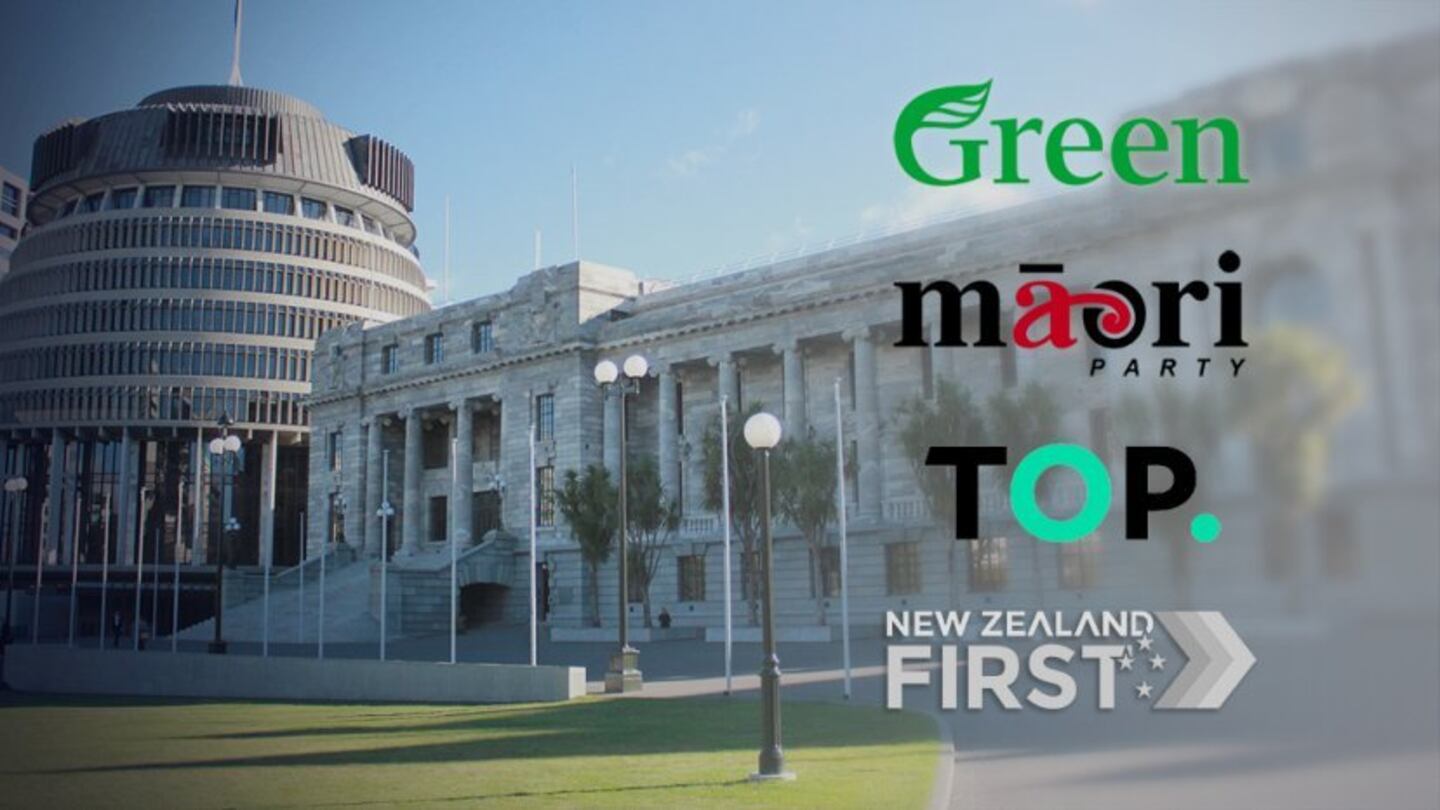New Zealand First, the Green Party, The Opportunities Party but especially the Māori Party may have to watch their backs as the election approaches, according to a new political poll.
The Horizon Research poll of 1068 people found 9% of people who voted in 2020 were more likely to vote for Labour as a result of the coming change in prime minister. Broken down by ethnicity, it shows 11% of the 177 Māori polled felt that way.
On issues they wanted the new prime minister to focus on most, the Māori respondents put higher priorities on housing, health, employment, income, equity between rich and poor, child poverty, household income and improving the health, education and incomes of Māori than the population overall. Overall poll respondents rated costing of living/inflation, health, crime and the economy as priorities.
The survey was run a day before Chris Hipkins was confirmed as prime minister.
Overall 13% of those polled were less likely or much less likely to vote Labour; with 10% of Maori polled opting for less or much less likely.
480,000 voters in play
Overall 58% said it would make no difference; 56% of Māori agreed.
However, as campaigns kick off for the October 14 election, the political parties will need to persuade the 12% of voters who said it depended on who the new prime minister was.
Horizon Research said this would put around 480,000 voters into play, along with 8% (320,000) who said they were unsure if it would make them more or less likely to vote Labour.
Significantly, broken down by who they voted for in 2020, there could be some shifting of allegiance this year.
Some 14% of people who voted on the Māori Party last time, 15% of those who voted for New Zealand First, 5% of those who voted for the Green Party and 13% of those who voted for The Opportunities Party said the change of prime minister would make them more likely to vote for Labour this time.
Among 2020 Labour voters 14% were more likely to vote Labour as a result of the change and 12% less likely.
Charm offensive
Horizon said the degree to which Hipkins could make a solid gain depended on his appeal to 11% of those who voted Labour last time who said it depended on who the caucus chose and 11% who said they were not sure yet how they would vote as a result of the change.
He also had the opportunity to pick up those Māori, NZ First, Green and TOPS voters. In the Māori Party’s case, some 16% of its voters said it depended on who the new prime minister was. But Horizon said the smaller sample size made that result indicative only.
ACT and Green voters had the highest number saying the change would make no difference (78% and 72% respectively). Some 50% of Labour voters said it made no difference.
Survey respondents were members of Horizon’s specialist research nationwide panels.
At the 2020 election 94.1% of eligible voters were enrolled and 2,919,086 voted (82.2% of those enrolled)

